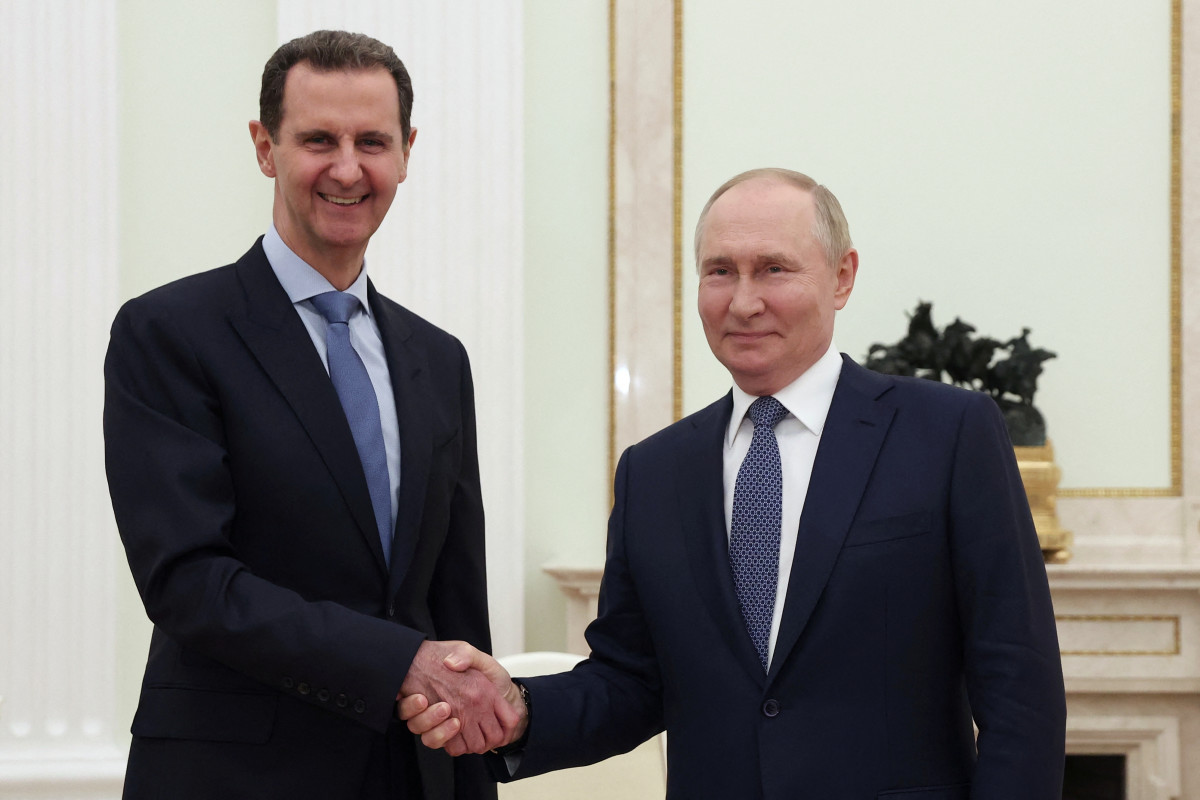Two dizzying weeks passed over Syria from the end of November, with the outbreak of the surprise attack by the rebel organizations on Aleppo and Idlib, which soon ignited an extensive campaign that ended in the collapse of the regime of Bashar al-Assad at the beginning of last week. Days after the victory of the rebels was declared, the dust begins to settle, and the factors that helped the success of the rebellion begin to be revealed.
The Washington Post commentator, David Ignatius revealed today (Wednesday) that Ukraine had an influence on the campaign: about 150 unmanned aerial vehicles were transferred from Kiev to the Syrian opposition in the rebel stronghold of Idlib, along with 20 skilled unmanned aerial vehicle operators. According to the commentator, the armament itself had only a minor effect, but the entire move was part of Ukraine’s plan to undermine the power of Vladimir Putin.
Ukraine’s intentions to support the Syrian opposition have been known for months, but Russia believed that Kiev was trying to recruit the rebels for the benefit of fighting on the Ukrainian front, and suffered a severe humiliation with the fall of Assad. “Since the beginning of the year, the Syrian rebels, with the support of Ukrainian forces, have landed a number of heavy blows on Russian army facilities in Syria,” an official in Ukraine’s military intelligence was quoted last June.
“Like on the seventh of October in Israel,” concludes Ignatius, “the Russians also saw the threat coming, but by the time they realized the enemy’s true intention – it was already too late to move significant forces to the area and stop the attack.”
Days after the collapse of the Assad dynasty in Syria, Russia confirmed tonight that the ousted president Assad has found political asylum in Moscow. “We helped to secretly transfer Assad to the territory of the country,” said the deputy foreign minister in an interview with the American NBC network. Sergey Ryabkov. “He is now in a secure location, and it shows that Russia will do what needs to be done under these extraordinary circumstances.”
Ryabkov was asked about the extradition of the condemned leader, whose hands have blooded half a million Syrians, and he replied that “Russia is not a signatory to the International Court of Justice”. As you may remember, there is an arrest warrant against Russian President Putin from The Hague, due to the Russian invasion of Ukraine.
